Solder wireThe wire diameter refers to the size of the diameter of the solder wire. It is an important parameter of the solder wire specification and directly affects the performance and effect of the solder wire in use. During the production process of solder wire, it has to go through the extrusion and drawing process, which determines the wire diameter accuracy and uniformity of the solder wire. Choosing the appropriate solder wire diameter can not only save soldering costs, but also improve soldering efficiency and quality, and avoid problems such as excessive solder feeding, poor connection, and solder joints that are too large or too small.
The common diameters of solder wire available on the market include0.8mm,1.0mm,1.2mmIn addition, solder wires of different diameters also vary in production difficulty and application effects. Generally speaking, the thinner the wire diameter, the greater the production difficulty and the higher the price, as more precise equipment and higher technical requirements are needed. When in use, the appropriate wire diameter should be selected based on the welding process and the size of the components. For instance, if it is a drag soldering process, too thin solder wire cannot be used; otherwise, it will affect the solder feeding speed and stability, resulting in uneven soldering or breakage. If it is soldering surface mount resistors, capacitors or repair solderingICFor the feet, thinner solder wire can be used to control the size and shape of the solder joints, ensuring the quality and appearance of the welding.
In addition, the influence of the power and temperature of the soldering iron on the diameter of the solder wire should also be taken into consideration. If the soldering iron has a high power and high temperature, a thicker solder wire can be used because it can melt and flow quickly, making it suitable for large-area or thick-line soldering. If the power of the soldering iron is low and the temperature is low, a thinner solder wire should be used to avoid excessive solder feeding or poor connection. It is suitable for soldering small areas or fine lines. In conclusion, when choosing solder wire, one should comprehensively consider factors such as product requirements, operational habits, and costs, and select the solder wire diameter that best suits oneself.
The above is the content shared by Shenzhen JJY Tin Wire Factory today. We hope it will be helpful to you.16Specializing in the production of various specifications of solder wires, lead-free solder wires, rosin solder wires, lead-free solder pastes, halogen-free solder pastes, lead-free solder strips, etc., we provide high-quality products and services, as well as related technical support. We are equipped with advanced production facilities and testing instruments, as well as a professional technical team and management personnel, to ensure that every roll of solder wire leaving the factory meets national standards and customer requirements. If you have any questions or needs regarding soldering, please feel free to leave a message online to contact us.
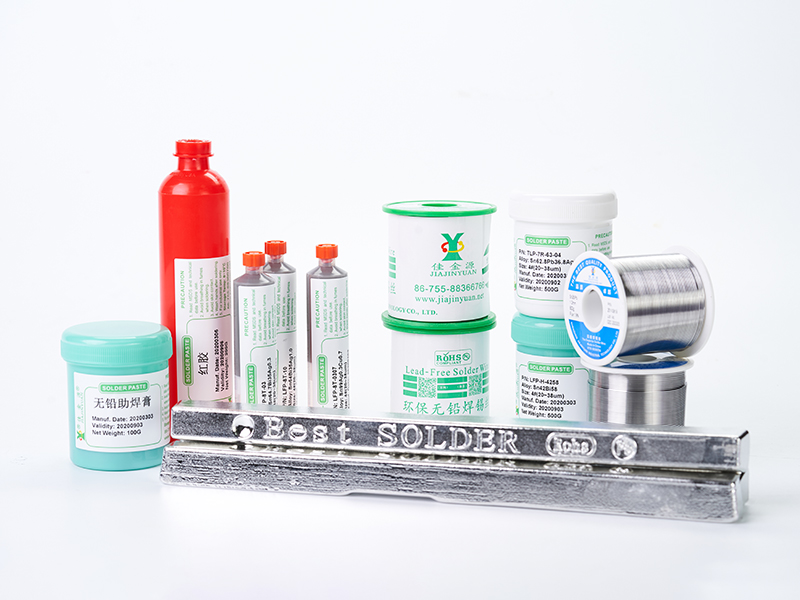
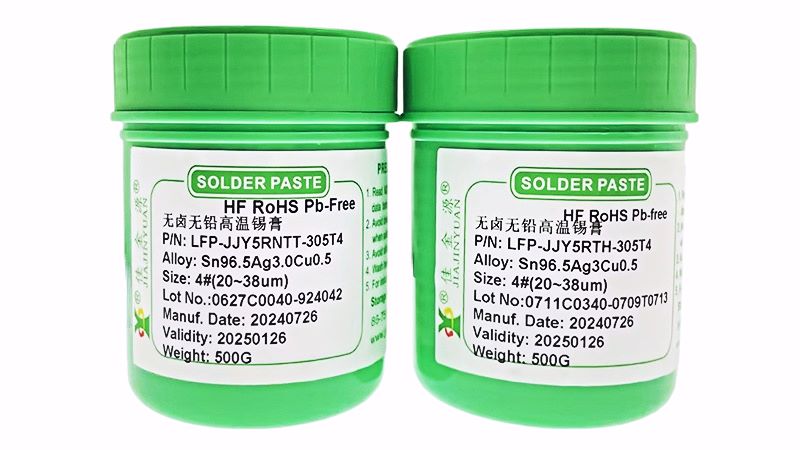
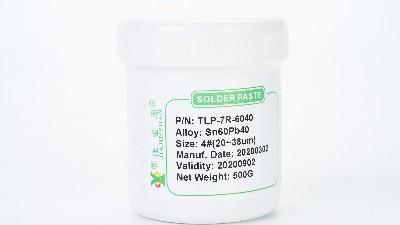
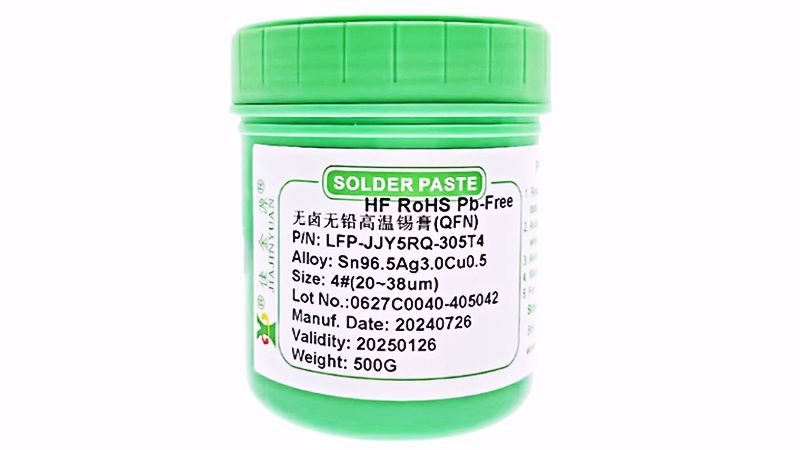
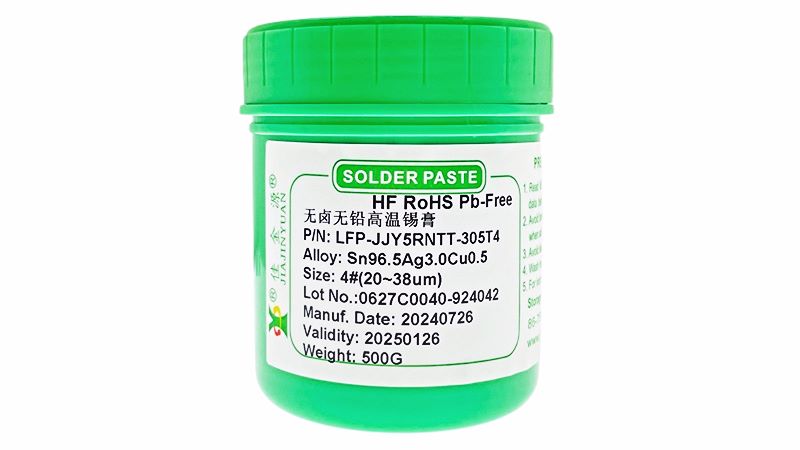

 Tel:+86 0755 88366766
Tel:+86 0755 88366766 Phone:+86 18938660310
Phone:+86 18938660310 Email:sales@jjyhanxi.com
Email:sales@jjyhanxi.com Address:13/F,12/F, Building No. B,Qinghu Technology Park,Qingxiang Rd.,Qinghu Community, Longhua Subdistrict,Longhua District,Shenzhen City,GUANGDONG Province,P.R.C.(518027)
Address:13/F,12/F, Building No. B,Qinghu Technology Park,Qingxiang Rd.,Qinghu Community, Longhua Subdistrict,Longhua District,Shenzhen City,GUANGDONG Province,P.R.C.(518027) Guangdong Public Security Backup 44030902002666 name
Guangdong Public Security Backup 44030902002666 name
 WeChat
WeChat WeChat official account
WeChat official account
